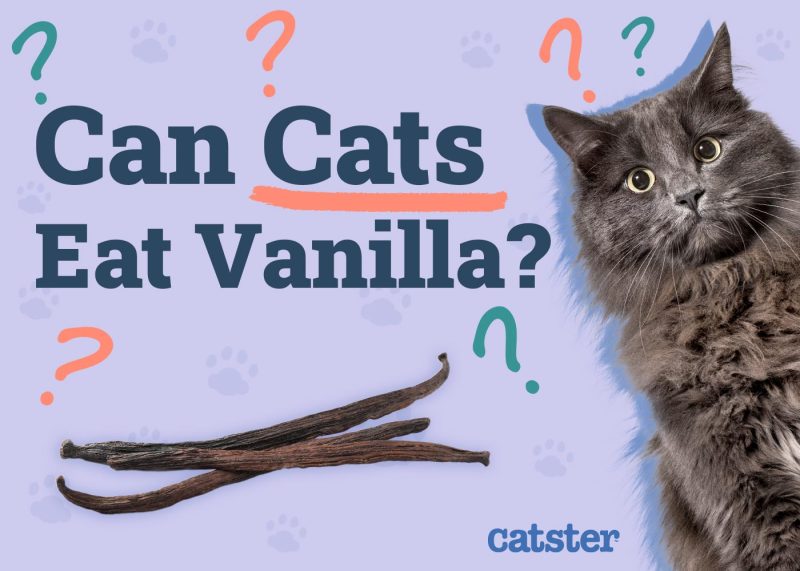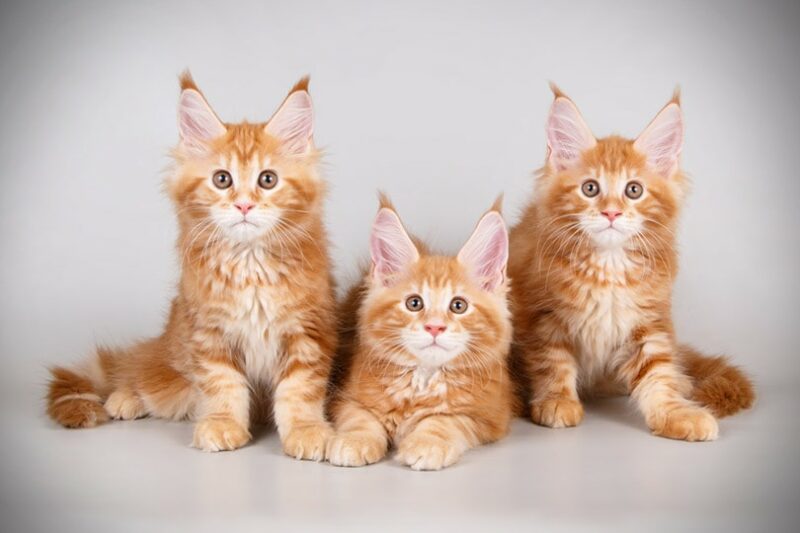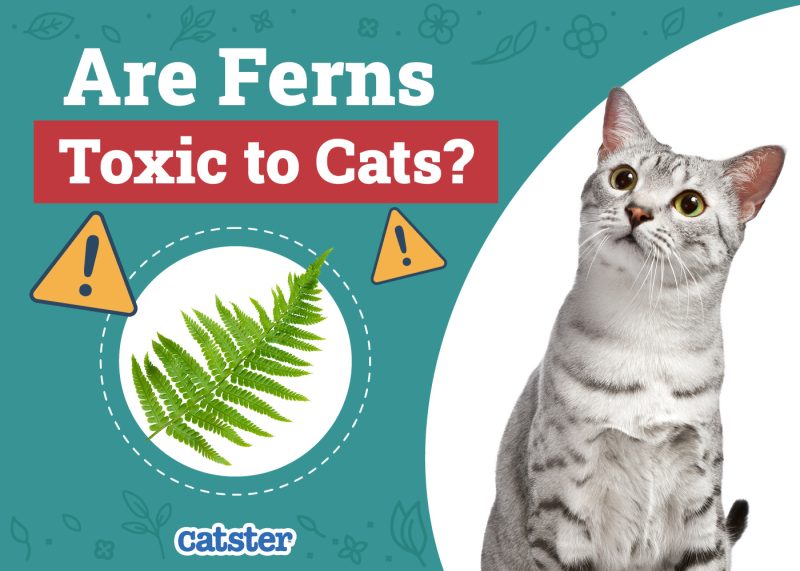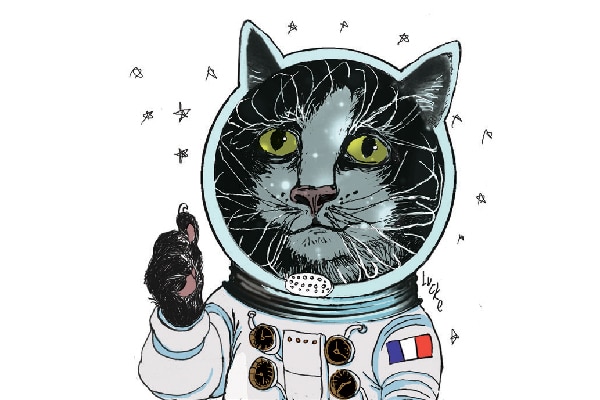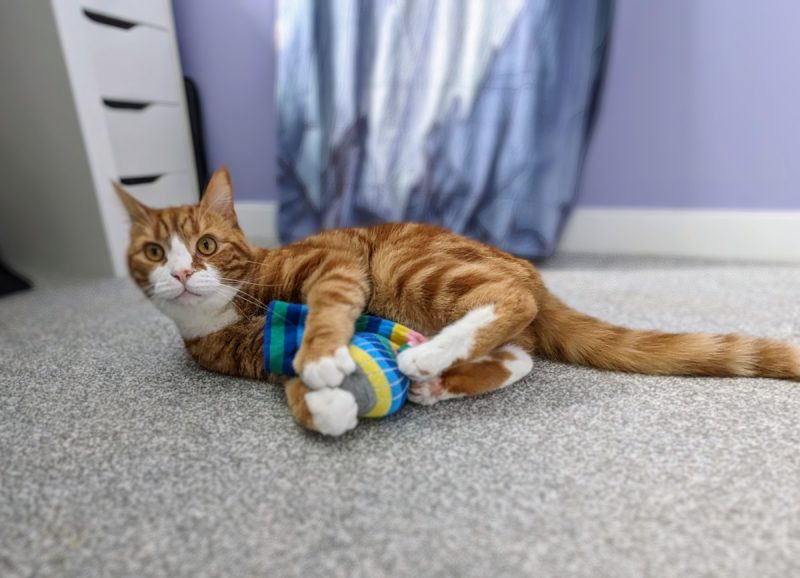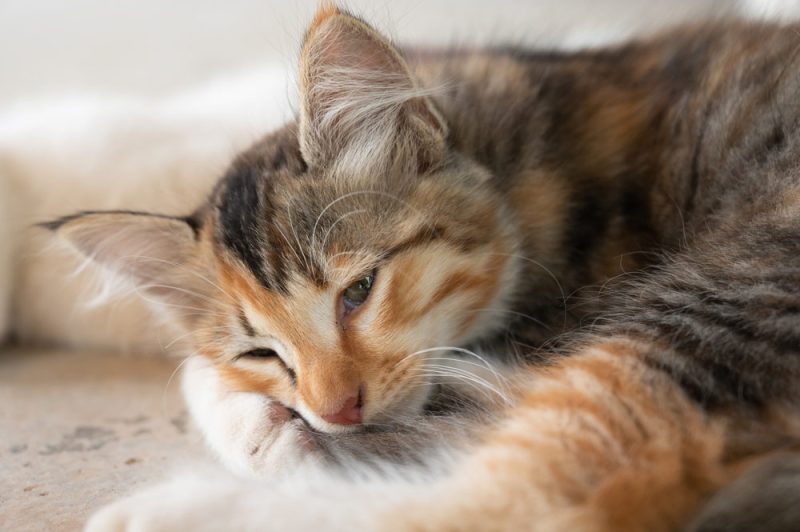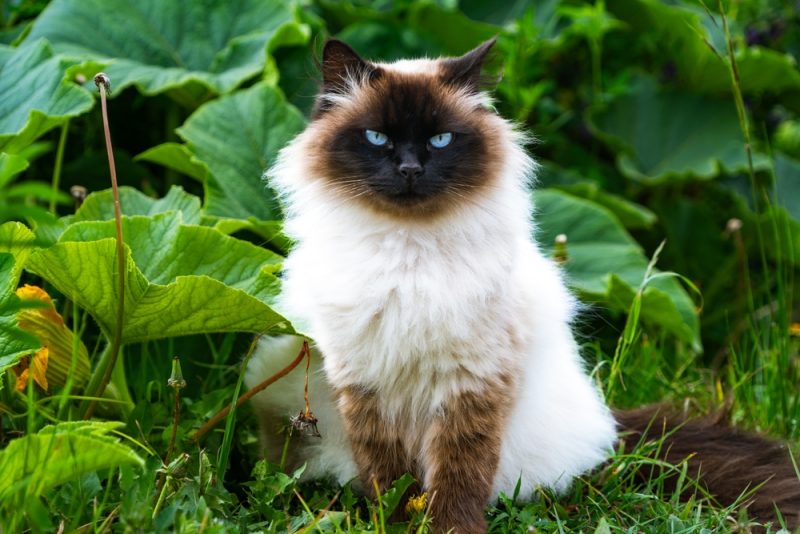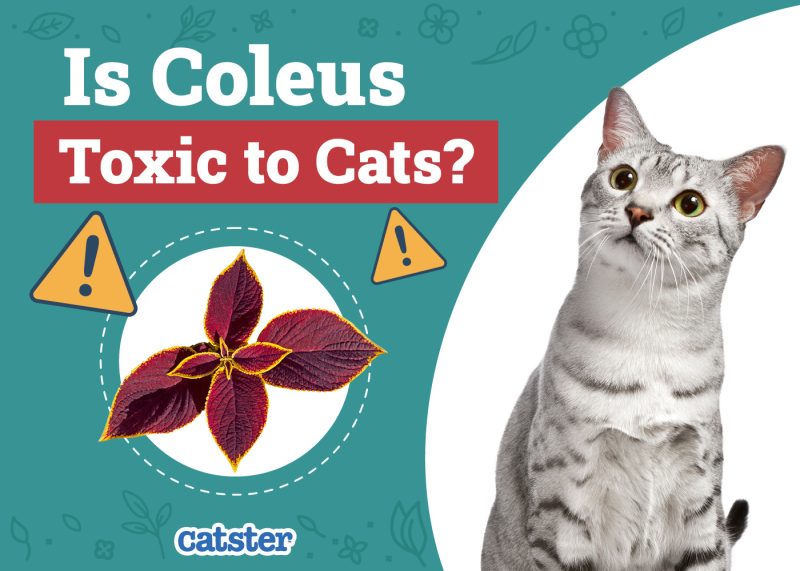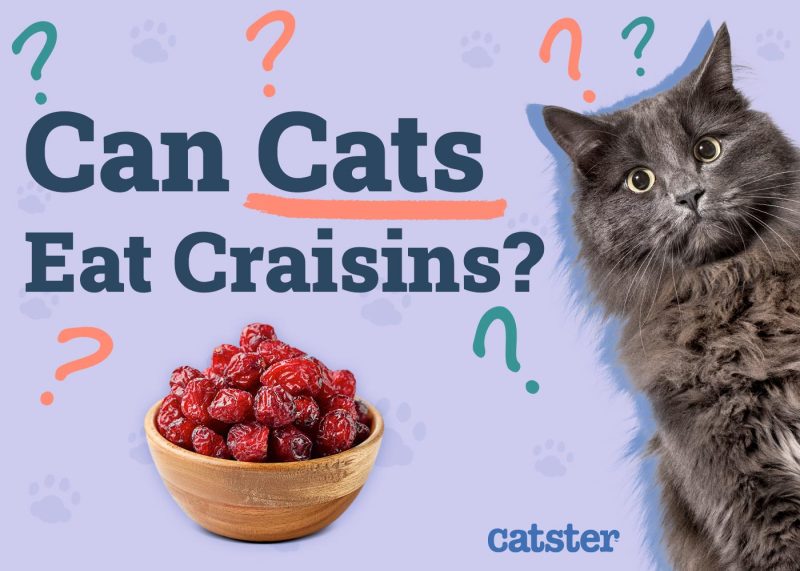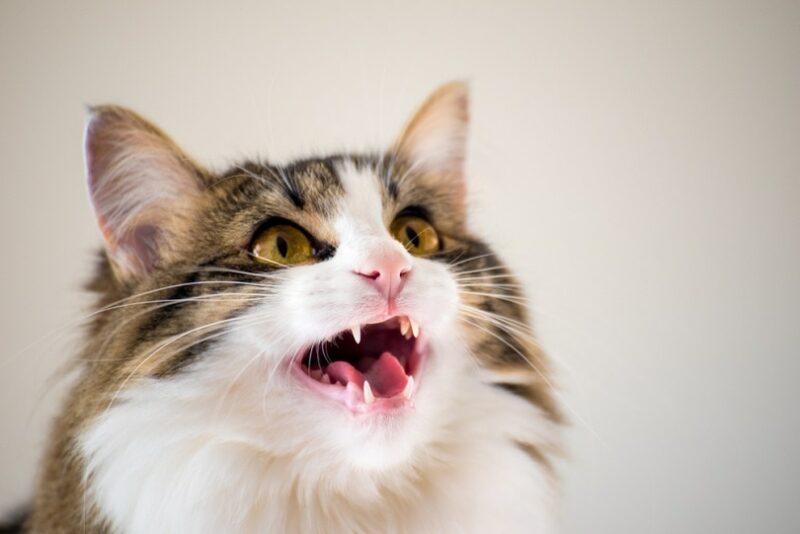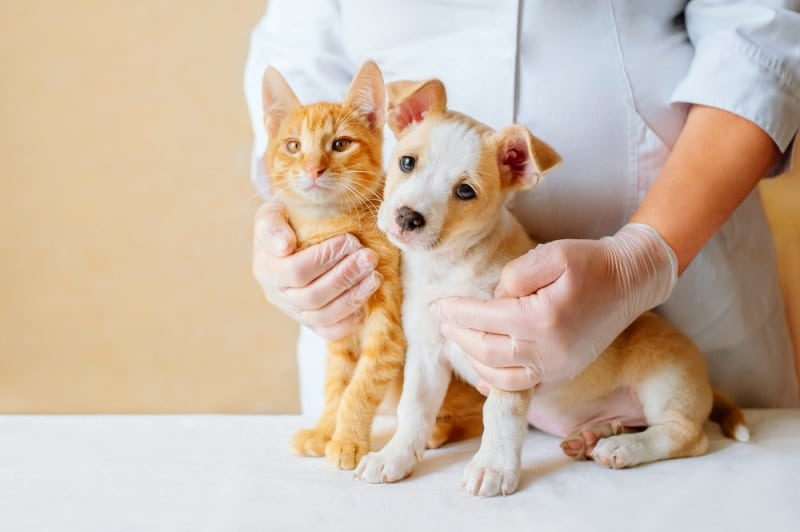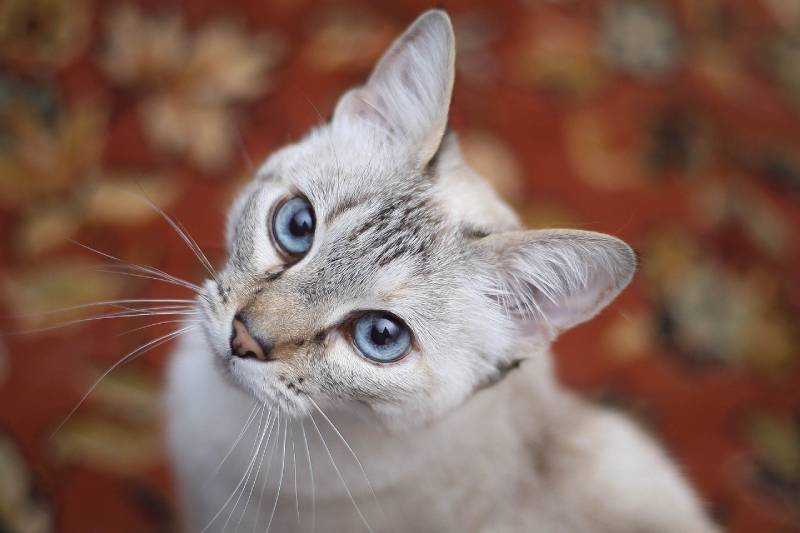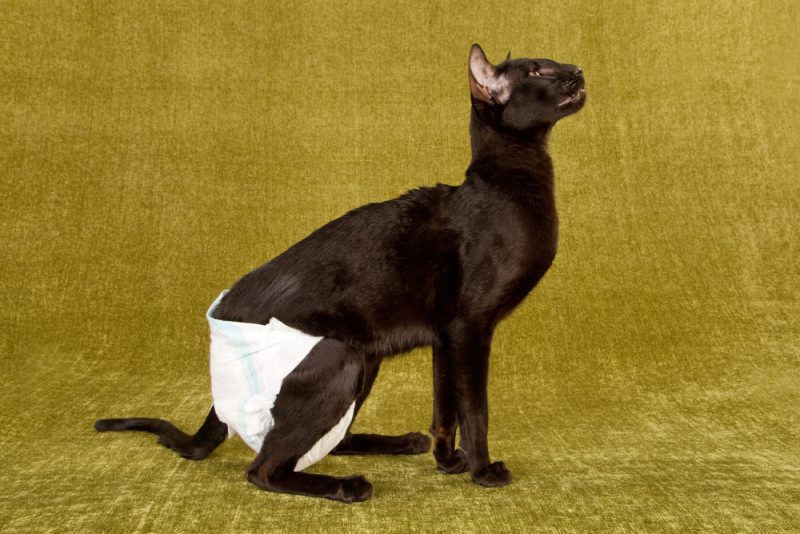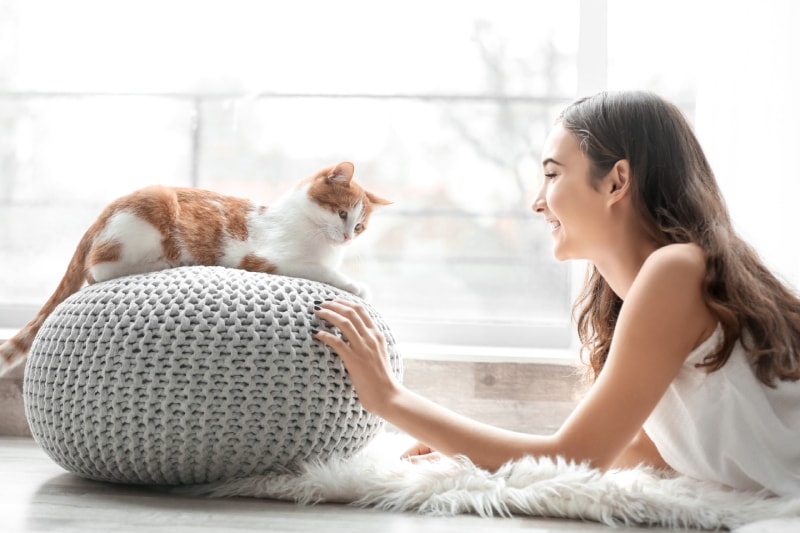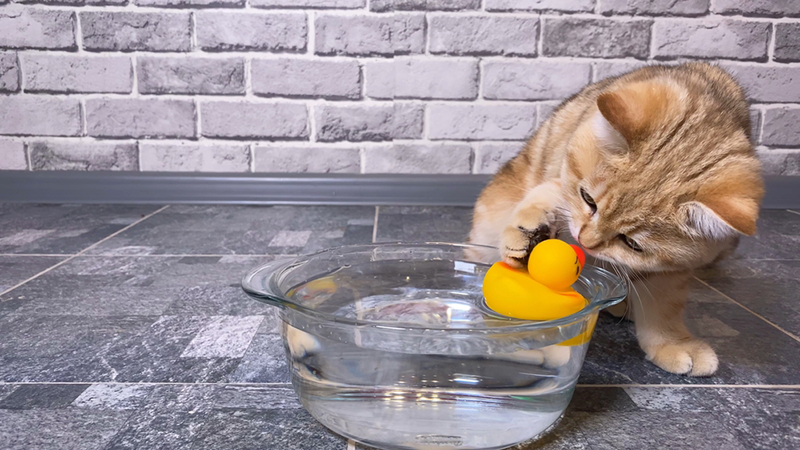Welcome to our “Ask Dr. Paola” series, where every Monday we bring expert advice straight from Dr. Paola Cuevas (MVZ) to help our readers better understand their cat’s health and well-being.
Whether you’re a new pet parent or a seasoned cat lover, Dr. Paola is here to provide answers to your most pressing questions. From nutrition tips and preventive care to troubleshooting common behavioral issues, Dr. Paola is ready to offer insights that will keep your kitty happy, healthy, and feline fine. Stay tuned for expert guidance on a range of topics that matter most to you and your cat, so you can make informed decisions and provide the best possible care for your furry companion.
Have a question? Send it in here!

Help! My Cat is Losing Weight!
“Dear Dr. Paola,
Mie has been losing weight and is getting too thin. She is acting normal; she eats, poops, pees, runs, and plays. What could be wrong?”– Nadine
Hi Nadine,
I can imagine how concerning it must be to see Mie losing weight despite seeming otherwise normal. Cats are masters at hiding illness, so even when they appear playful and have a good appetite, weight loss is very likely a clue that something isn’t quite right internally.
There are several possible reasons why Mie might be losing weight while still eating and acting normally. Conditions such as hyperthyroidism, early chronic kidney disease, diabetes mellitus, or intestinal parasites can all lead to gradual weight loss even in a cat with a healthy appetite. Less commonly, gastrointestinal disorders like inflammatory bowel disease or certain types of cancer could also be behind it. Since diseases behind weight loss in cats can progress silently before other signs become obvious, it’s important to catch it early.
At this point, a full physical examination along with basic diagnostic tests like bloodwork, a urinalysis, and fecal exam would be the most helpful next steps. These can provide insight into Mie’s thyroid, kidney, and overall metabolic function. I encourage you to schedule a visit with your veterinarian soon to ensure Mie gets the attention she needs. Early detection can make a big difference in her long-term health, as the management of many conditions becomes more complex as diseases progress.
Wishing her good health!
– Dr. Paola
If you'd like to talk with a vet, like Dr. Paola or one of our other expert veterinarians, you can head over to PangoVet. It's our online service where you can talk with a vet online and get the advice you need for your cat — all at an affordable price!
Catster reader exclusive deal: Save 65% on your first call, use code ASKDRPCATSTER65 at checkout.


Help! My Cat Won’t Let Me Touch Her!
“Our cat Lucy was feral when she befriended us at around 6 months old. She is now almost a year old. We brought her into our lives, got her spayed, shots, etc. We have now made her our indoor cat. She loves being permanently indoors. She is slowly becoming more friendly each day. We interact with her several times a day, playing, talking, and letting her come to us. We want so badly to be able to pet her, but not yet. She comes around me and my husband, each time coming closer and closer, smelling, rolling on her back. Can you give us some advice on how to get her to let us touch her? We are letting everything be on her terms. Hubby and I are seniors and are enjoying the happiness Lucy has brought into our lives. We really enjoy reading your articles and they are very helpful, being we are new to having a cat.Many thanks,” – DiEtta
Hi DiEtta
Thank you so much for your kind words and for sharing Lucy’s beautiful story. It’s truly heartwarming to hear how she chose you and your husband, and how patiently and lovingly you’ve welcomed her into your home. Feral-born cats often need more time to feel fully secure, especially with touch, but it sounds like you’ve already created a safe and trusting environment where she can flourish. Rolling onto her back, approaching you, and sniffing are all signs that she’s beginning to feel more comfortable and connected with you.
To help her take the next step, keep building positive associations with your presence. Using treats she enjoys, try gently tossing one just a bit closer to you each day during calm, quiet moments. This technique works like laying down stepping stones, gradually inviting her to bridge the gap between curiosity and contact. A great progression from this is introducing long-lasting lick treats, such as lickable cat purées, offered on a spoon or a feeding wand. These not only engage her for longer periods but also help her associate calm closeness with something enjoyable. As she licks, you can remain still and gently talk to her, slowly working on increasing her comfort with your hands nearby. When she’s close, you can talk in a gentle tone and slowly offer your hand palm-down, fingers relaxed, and let her guide the interaction. Cats use scent glands in their cheeks, so if she rubs against your hand, that’s her way of saying, “I trust you.” If she ever hesitates or backs away, give her space and try again another day. You’re doing everything right by moving at her pace, and your consistency will help her confidence grow. Lucy is lucky to have found you both, and I have no doubt that the day she welcomes your touch is not far off. Continue to be patient and consistent!
– Dr. Paola

Help! My Cat is Ignoring Me!
“Is my cat Lily ignoring me on purpose? It feels personal some days, and other days, she’s the snuggliest little creature.“ – Margaret
Hi Margaret,
That’s such a relatable question! If it helps, just know that you are definitely not alone in feeling this way. Cats like Lily can seem incredibly affectionate one day and aloof the next, which can feel a bit personal. But the truth is, it’s not rejection, it’s just part of who cats are. Their social behavior is subtle, and unlike dogs, they weren’t bred to respond consistently to human cues. They’re more independent and often show affection on their own terms.
Interestingly, science backs this up. A 2013 study published in Animal Cognition found that cats do recognize their owner’s voice, but often choose not to respond. The cats in the study showed small signs like ear twitches or head turns when their name was called by their owners, but they didn’t always come running. This doesn’t mean they don’t care, just that they’re selectively social. It’s a bit like someone hearing you call from another room and silently acknowledging you without stopping what they’re doing. Even if that is just lounging peacefully.
So when Lily seems distant, it’s likely just her expressing her mood or asserting a bit of autonomy, not a sign she’s upset or ignoring you out of spite. She is just being a cat. Rest assured that she still values her connection with you. Give her space when she asks for it and affection when she seeks it out, and you’ll continue nurturing the trust and love between you. This is where the old joke comes in handy: “Cats own us more than we own them.” If you ask me, this is a true statement. Sometimes, real, uninterested, and unconditional love means accepting others for who they are and what they can offer and letting go of what we would want them to give us.
Dr. Paola
- Read last week’s questions here – May 12, 2025
- Find the full list of past articles here
- Click here to submit a question
- Sign up for our weekly newsletter below to get Dr. Paola’s advice sent straight to your inbox


